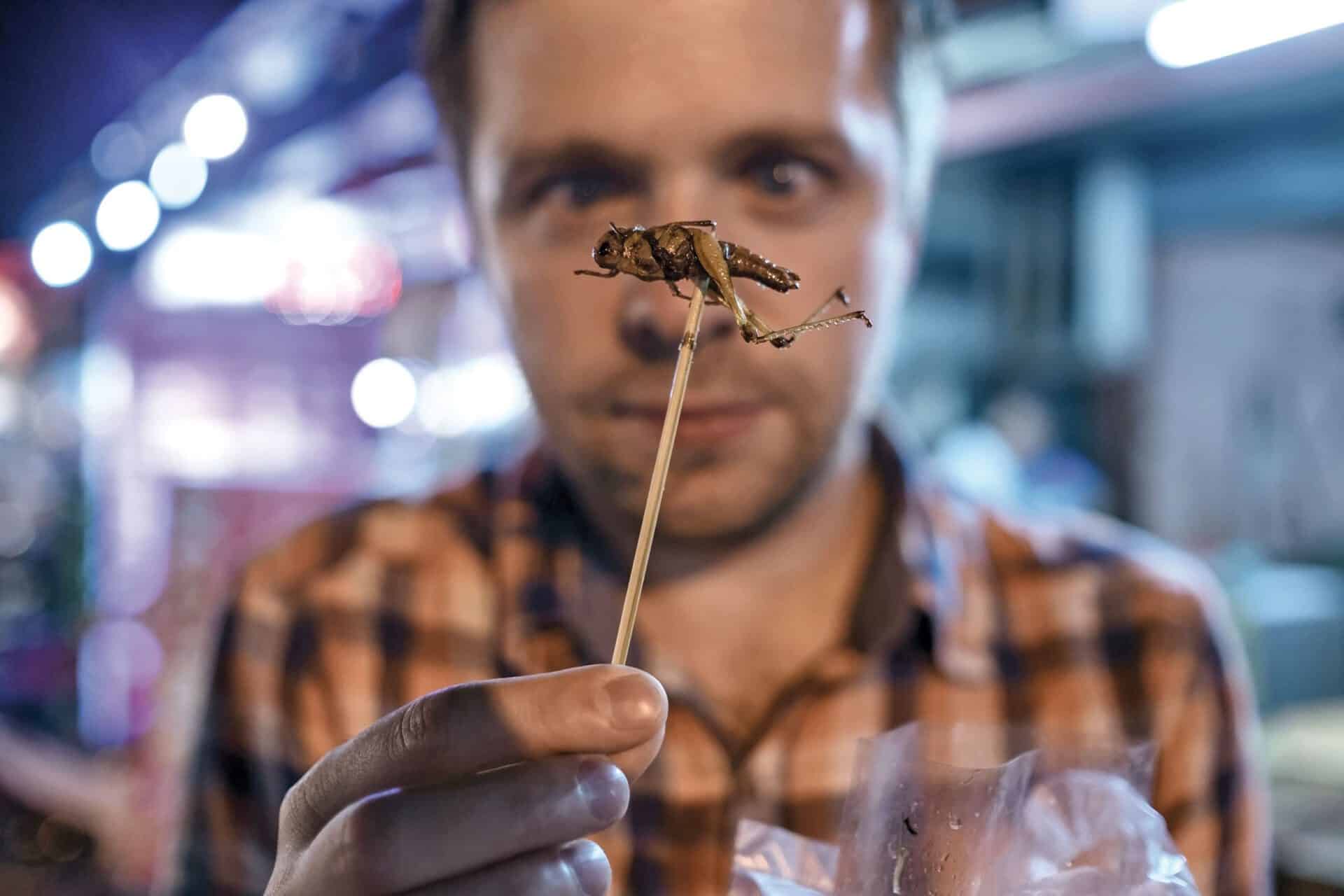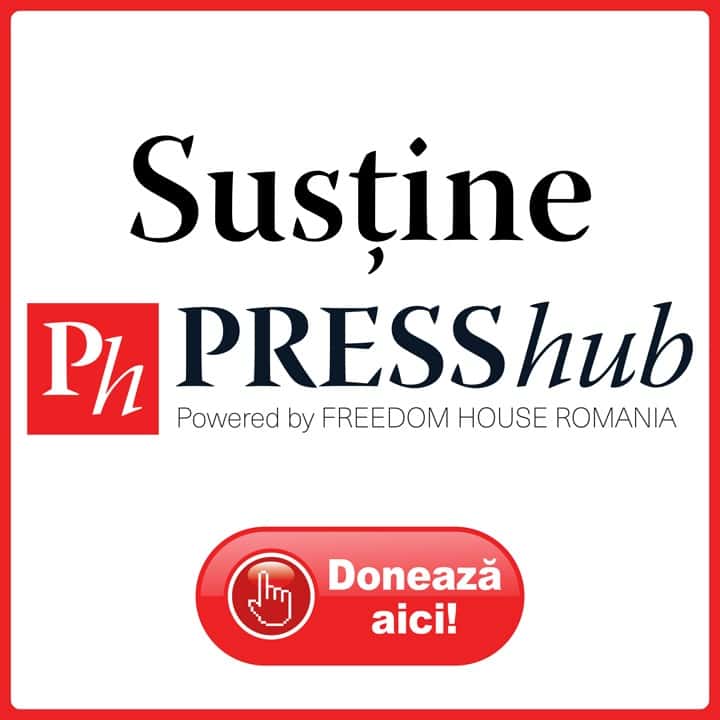Insects have become a delicacy for actors interested in spreading disinformation against the European Union. After the EU approved, in January 2023, more insect based products for human consumption, as well as a fourth type of insect as edible, a wave of disinformation hit many member states, largely spreading panic and accusing Brussels of worse plots.
The three lies about insects and the EU
Since January, three main disinformation had been identified as fake news about the EU and the edible insects, according to the European Digital Media Observatory (EDMO), after a European-wide survey:
- The first, and probably the most widespread, claims that EU citizens will eat insects even against their will, because insects will be hidden in products without proper labelling;
- The second, related to the first in some conspiracy theories, is about insects that are poisonous and unfit for human consumption;
- The third – especially spread in the Baltic states – is related to disinformation about the war in Ukraine and claims that EU citizens are forced to eat insects because they do not have enough food as a result of the war and sanctions against Russia.
Insect products are safe
The three lies start from one truth: cricket-based products, in dry, paste or flour form, have been approved by the EU as ingredients in a number of food products intended for the population.
But the EU rules are very strict in this area. Any food is researched and evaluated by the European Food Safety Authority (EFSA), before it is available in stores. The scientists of this authority analyze strictly on the basis of scientific evidence whether or not the food in question is dangerous for humans.
The European Commission also clarified that people will not be forced to eat insects. The decision is up to each individual.
These regulations only allow puting on the market of insect-based products in countries that are part of the European Union. But no one is forced to buy or to eat them.
„It is up to consumers to decide whether they want to eat insects or not. The use of insects as an alternative source of protein is not new. Insects are regularly eaten in many parts of the world”, says the European Commission’s official website.
Lies about the insect ingredients being used already
Despite the assurances given by the European Commission, the three lies mentioned above exploded in the EU countries. In Slovakia, the authorities had to debunk information that cricket flour has already been secretly added to bread.
In Germany, EDMO and its partners have detected fake news claiming that the EU has not imposed labeling requirements for possible allergic reactions, or that labeling will only be done using Latin names so that people are not aware of the real ingredients, such as „house crickets”.
Similar false information was detected in France, Spain, Italy, Denmark, Netherlands, Poland, Hungary, Austria, Latvia, Estonia, Lithuania, Belgium, Finland and Norway.
The Hungarian Minister of Agriculture, István Nagy, went public with a statement that Hungary was the only member state that did not support the EU decision and noted that the Ministry of Agriculture would amend the national food labeling regulation to provide consumers with authentic and accurate information.
Products containing insect proteins will be clearly distinguished and separated on store shelves. The ingredients will be visible on the packaging, and these products will have to be placed separately on separate shelves in stores, noted 24.hu.
Products with insects, clearly indicated by labels
But what István Nagy states is not only valid for Hungary, and it is not a concession made to the conspirators, but only a normality.
The European Commission’s website sets out clear labeling requirements for producers of insect-based food. In addition, they must also comply with all existing labeling provisions.
But this mention is not enough for the conspiracy theorists. A widespread variation of the misinformation is that insects are already hidden in products that are sold within the EU. For example, the presence of protein among the nutritional values of some products (as flour) has been presented as evidence of the use of insects as an ingredient. Fake.
Another news story that has been circulating shows that some additives (E120 and E904) listed among the ingredients for some products are actually names for insect derivatives. It is false.
Information claiming that schoolchildren in the Netherlands are already being forced to eat „earthworms” to fight „global warming” has been detected in many EU countries. Not true.
In the vast majority of EU member states, this type of disinformation has gone viral especially on social media, among conspiracy theorists and in some areas of public opinion.
However, in at least two countries, disinformation was also spread by political actors of national relevance and traditional media. Among them is Romania, where the Minister of Agriculture, Petre Daea, has repeatedly stated that he will not consume „cricket flour”.
Read also: Pro-Russian forces and kleptocratic groups are seeking the topple Maia Sandu’s government
Cricket flour is healthier
Homemade cricket flour can already be bought in Romania. This food contains 70 grams of protein and almost 10 grams of fiber per hundred grams, with a low carbohydrate content of only half a gram.
By comparison, wheat flour contains only 10 grams of protein and 76 carbohydrates per hundred grams.
But the biggest difference between the two types of flour is the price. If regular flour costs a little over 5 lei (a little bit under 1 euro), the insect flour is sold for almost 100 lei, whitch is 20 times more expensive.
The Food and Agriculture Organization claims that cockroach-based products have a positive impact on the environment and health. These animals are a good alternative to the animal meat products commonly found in our diet.
Insects are easier to raise in every way. For example, crickets require fewer food resources than cows and their meat has a similar amount of protein. Additionally, some insects just need to be left to dry and are good to eat, while beef needs to be processed.
More insect-based foods may be approved in the future. Those from the European Food Safety Authority are analyzing the scientific data for 8 more types of insects, according to the European Commission.
Citește și varianta în limba română: 3 mari minciuni despre folosirea insectelor în alimente, în UE
Follow PressHUB on Google News !




